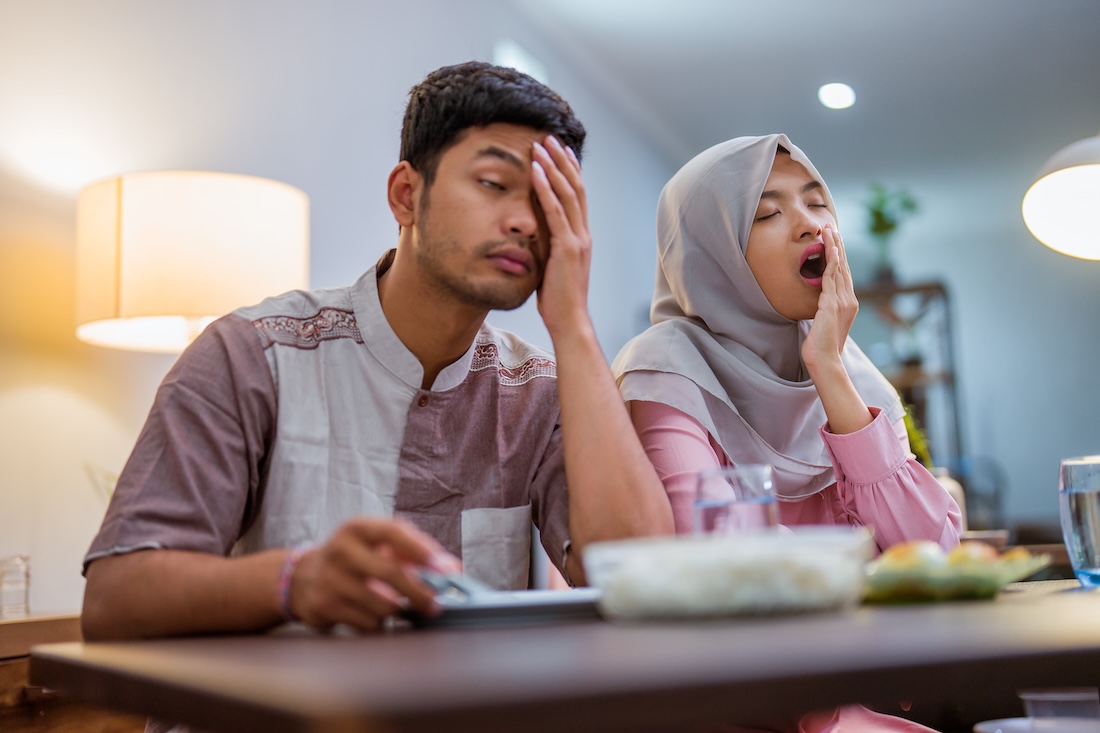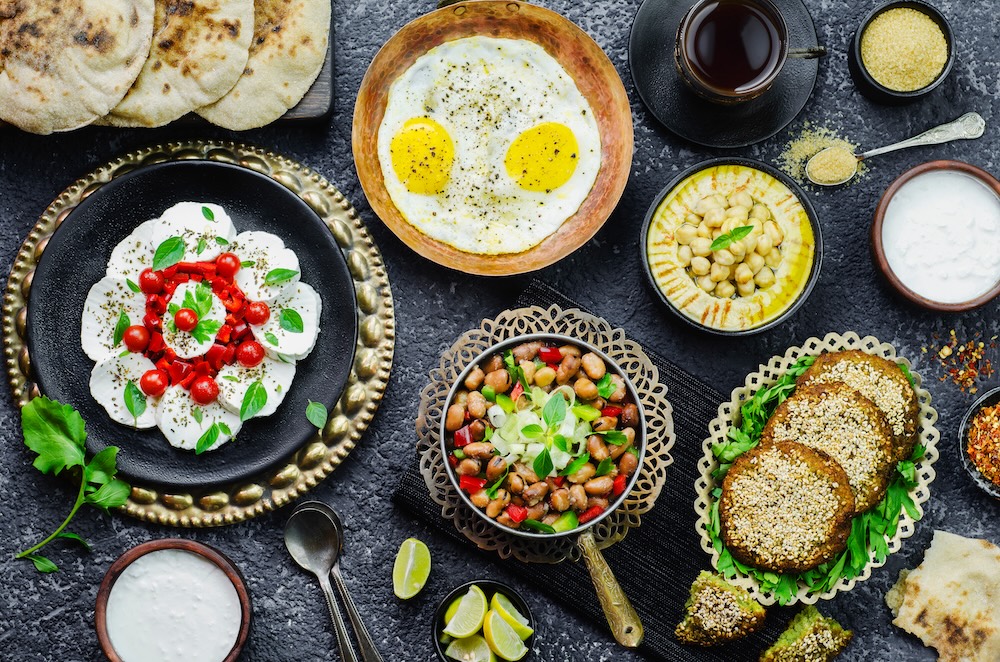By Iman Haddara
As-salamu alaykum wa Rahmatullahi wa Barakatuh,
It was an honour to participate in the 14th FIMA Umrah program for female medical and healthcare students. As a biotechnology student and working in the field of genetics, Alhamdulillah, starting the year in such a blessed and sacred place was an incredibly enriching experience. The Umrah program offers far more than just a pilgrimage—it is a transformative journey that combines spiritual renewal, cultural exchange, and the formation of meaningful connections.
The program brought together 50 women from 14 countries, each with a unique background, united by a common purpose: to strengthen our bond with Allah (SWT) and with each other. It was a privilege to meet sisters from all corners of the world, especially in the two holiest cities in Islam—Mecca and Medina.
Thanks to the hard work of the program organisers and Saudi delegates, the entire experience was flawlessly coordinated. We had the rare opportunity to perform acts of worship at the Haram, prayer in Rawda, attend Jumu’ah prayers in both Mecca and Medina, experience the rain in both cities, and participate in Quran classes. The program also offered us visits to museums, social activities, and even a trip to Sheikh Ahmadi’s farm (which proved that Saudi social farms are truly not to be underestimated!). We were treated to buffet-style breakfasts, lunches, and dinners, which allowed us to share meals and bond over our cultural differences.
One of the most impactful parts of our journey was exploring the many museums that beautifully showcased Islamic history through both technology and artistry. Each museum provided a unique perspective on Islam’s message and the Seerah of the Prophet (PBUH). We had the privilege of visiting the King Fahd Complex for the Quran, the largest Quran manufacturing and printing facility in the world, as well as the International Fair and Museum of the Prophet’s Biography and the Prophet’s Mosque Expansion Exhibition. These experiences deepened our understanding of the evolution of the Haram from the time of the Prophet (PBUH). We also visited significant historic sites such as the Heraa Cave and the Revelation Museum, and the Kaabah Covering Museum. Walking in the footsteps of the Prophet (PBUH) and visiting Masjid Quba was particularly moving.
Beyond the spiritual experiences, the program also facilitated the creation of deep and lasting connections between participants. We had the honour of visiting the Jam’iyyah Mulabbiyah organisation. The event included an inspiring talk by Dr. Hanan Sultan, Senior Consultant Obstetrician & Gynaecologist, and Secretary General of the Saudi Scientific Society for Medical Jurisprudence Studies. She addressed important topics such as the ethical challenges and jurisprudence issues that Muslim women face in the medical profession.
The social activities were carefully integrated into the program, striking the perfect balance between worship and fellowship. Delegates exchanged cultural gifts, shared traditional foods, and learned from one another’s diverse experiences. all of which reinforced the sense of family we built over the course of the program.
The Umrah program is more than just a pilgrimage; it is a life-changing experience that strengthens bonds, transforms hearts, and inspires a lifelong commitment to faith and service. It truly embodies the core values of Islam—unity, spirituality, and compassion. Witnessing the dedication to both Islam and the medical profession, while also supporting the growth of our Ummah, in my opinion, the best of both worlds.
I strongly encourage all medical and healthcare students to join the Muslim Medical Association (AMA). Membership is free for students, and it offers the opportunity to collaborate with professionals across the country while also gaining access to remarkable international programs, including the Umrah program. Let us come together to contribute to the growth of the Muslim Medical Association and, through our collective efforts, make a meaningful impact in both our profession and communities.
Finally, I would like to express my sincere gratitude to FIMA, WAMY, IMAKSA and AIMA for their steadfast support in bringing this program to life. Their dedication to fostering spiritual growth, professional development, and cultural exchange among Muslim healthcare students is truly inspiring.
Jazakum Allahu Khairan for all your efforts, and may Allah (SWT) continue to bless our work and strengthen our bonds on this noble journey.
Was-salamu alaykum wa Rahmatullahi wa Barakatuh.


